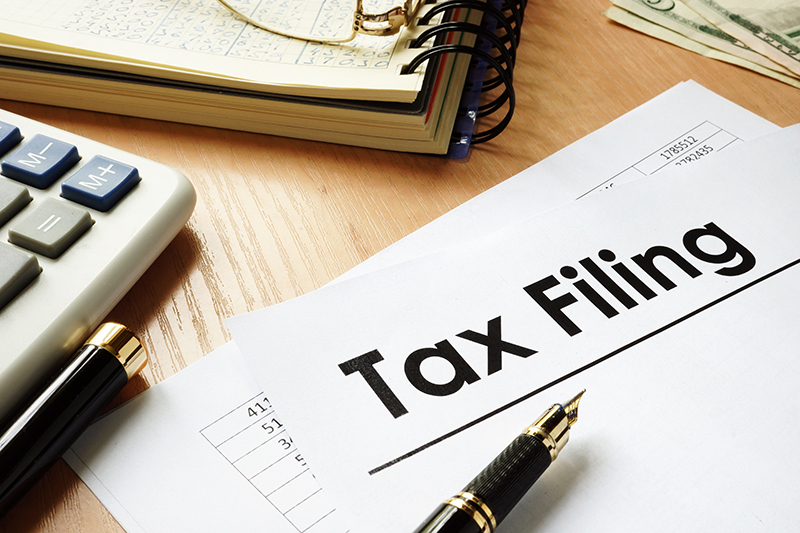2019 minimum tax filing requirement
April 01, 2019 by Selena Quintanilla, CTEC
Not all taxpayers are required to file a federal income tax return. Determining if you have a filing requirement, like almost everything else tax-related, starts with evaluating your gross income for the year, your filing status, age, etc.
Below are the updated filing requirements for the 2019 tax season. The threshold has been revised under the TCJA, and it will fluctuate with inflation each year.
Married Filing Jointly
- both spouses under 65 – $24,000
- one spouse 65 or older – $25,300
- both spouses 65 or older – $26,600
- both spouses under 65 but do not live together at the end of the year – $5
Married Filing Separately
- any age – $5
Head of Household
- under 65 – $18,000
- 65 or older – $19,600
Single
- under 65 – $12,000
- 65 or older – $13,600
Qualifying Widow(er) with Dependent Child
- under 65 – $24,000
- 65 or older – $25,300
The above thresholds apply for taxpayers who cannot be claimed on another taxpayer’s return. A different set of guidelines applies for dependents.
Self-employed taxpayers are required to file a federal tax return if they made more than $400. If you will be claimed as a dependent on someone else's tax return and received more than $1,050 of unearned income, you are also required to file following the Kiddie Tax rules.
And if those were not enough one-off rules, here are some more reasons you may have to file a tax return:
- You owe taxes because of you had distributions or excess contributions from or to your retirement accounts (e.g. IRA or 401k)
- You owe Social Security and Medicare taxes on tips not reported to your employer
- You sold your house and the sale was reported on a 1099-S form
- You received Advanced Premium Tax credit
- You have a financial account overseas that is over a set limit depending on your filing status
- You owe household employment taxes
- You must repay the 2008 Homebuyer Credit
- You received distributions from an MSA or HSA, or
- You earned $108.28 or more from a tax-exempt church or church controlled organization.
There are some cases where it may be in your best interest to file a tax return, even if you don’t have a filing requirement. You may qualify for certain credits like the Earned Income Tax Credit, Child Tax Credit, or education credits − or you may need to file a return just to get back any excess taxes your employer(s) withheld during the year.





